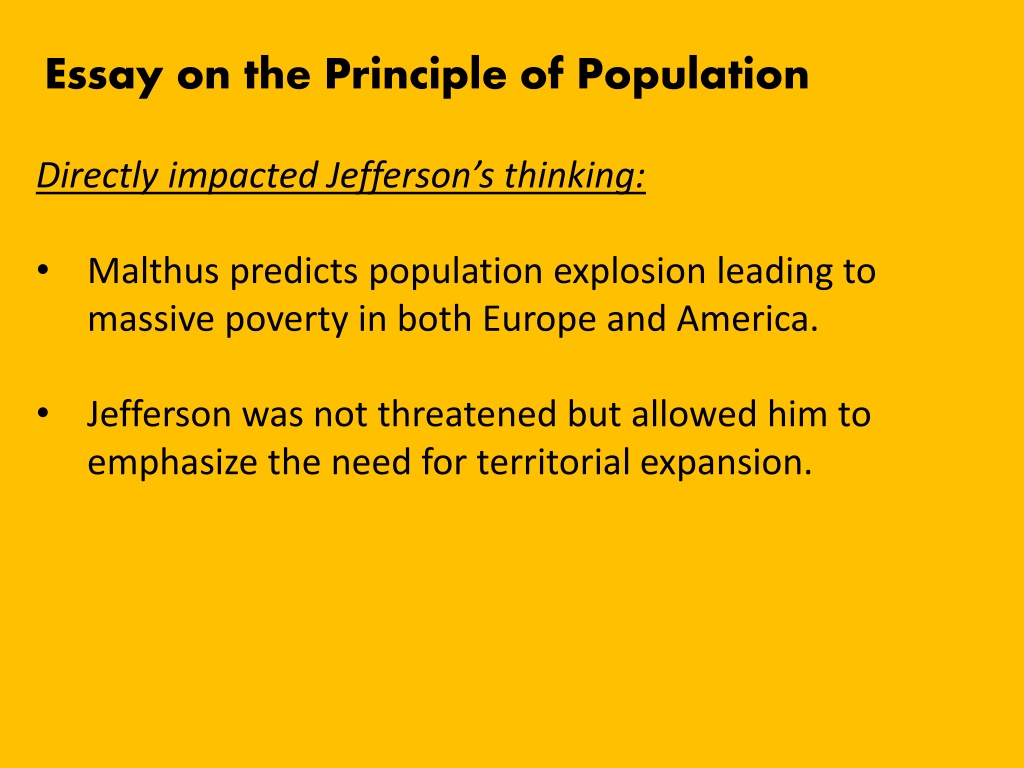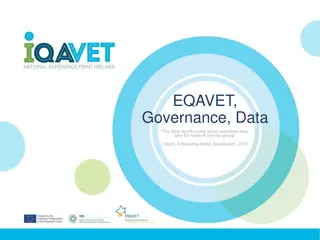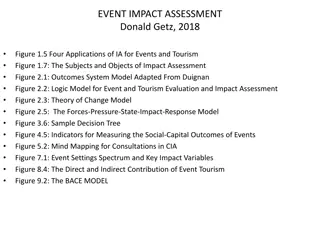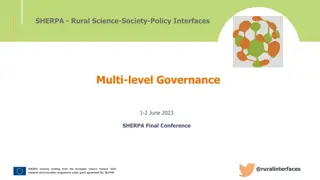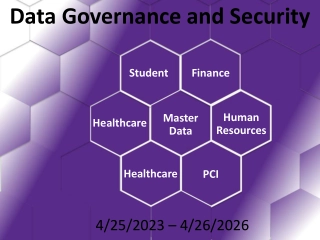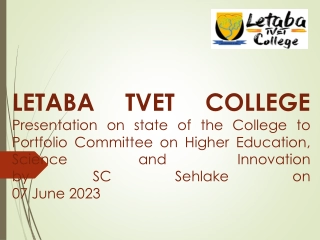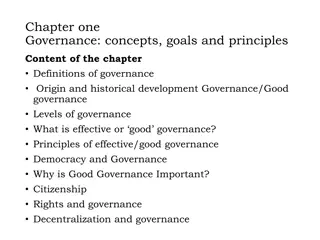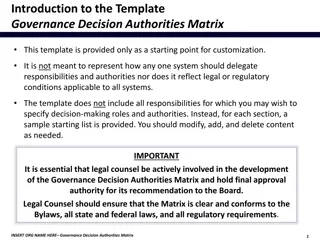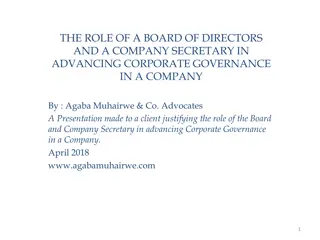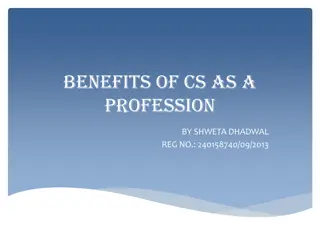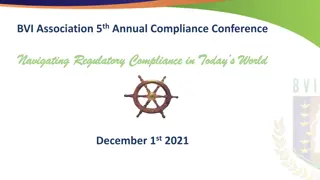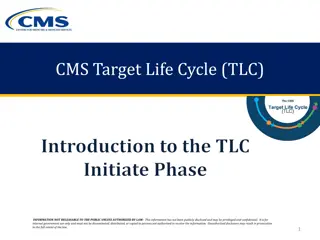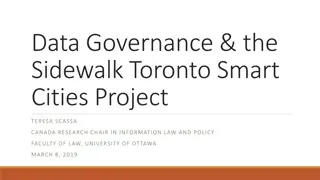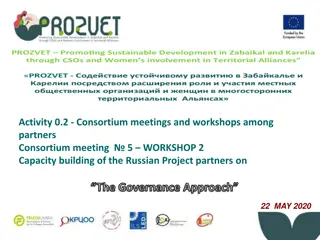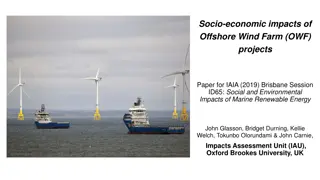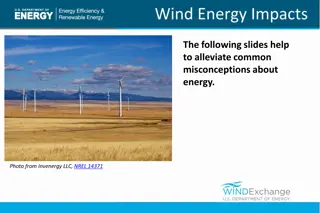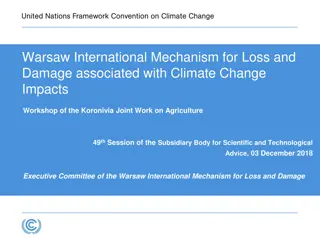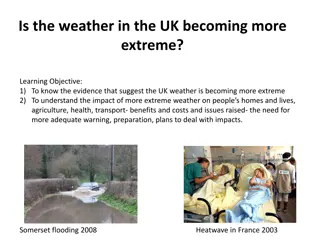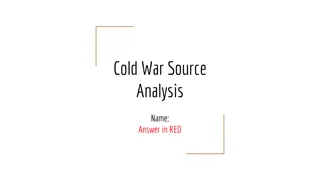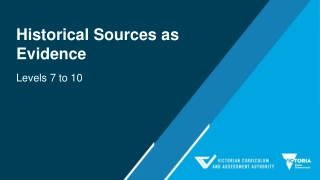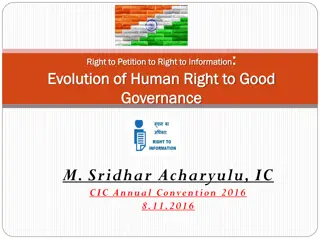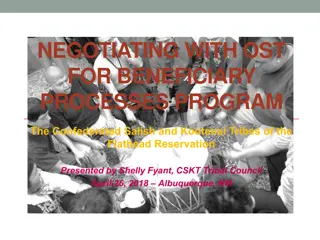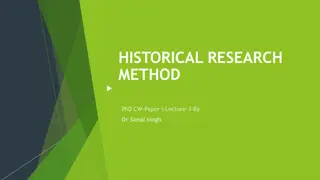Impacts of Historical Events on Jefferson's Governance
Malthus's prediction on population growth and poverty influenced Jefferson's emphasis on territorial expansion. His reversal of Federalist policies aimed to restore Republican ideals. The Louisiana Purchase was motivated by securing an agrarian society. Marbury vs. Madison established judicial review. Marshall's Court favored federal power. Jefferson's inaugural focus on foreign policy was tested by impressment. The Embargo Act and Indian Intercourse Act further shaped Jefferson's governance.
Download Presentation

Please find below an Image/Link to download the presentation.
The content on the website is provided AS IS for your information and personal use only. It may not be sold, licensed, or shared on other websites without obtaining consent from the author. Download presentation by click this link. If you encounter any issues during the download, it is possible that the publisher has removed the file from their server.
E N D
Presentation Transcript
Essay on the Principle of Population Directly impacted Jefferson s thinking: Malthus predicts population explosion leading to massive poverty in both Europe and America. Jefferson was not threatened but allowed him to emphasize the need for territorial expansion.
Jeffersons Reversal of early Federalist Policies Restoring Republican Ideals: Cut internal taxes, including tax on Whiskey Reduce the size of army and navy Reduce government staff Eliminate the National Debt
Louisiana Purchase Motivation: In order to secure the development of an Agrarian society for future generations. Napoleon needed to raise revenue to wage his war, and so dropped this gold mine in our laps.
Marbury vs. Madison Is the Judicial Branch independent of politics? It is the duty of courts to say what the law is. John Marshall Establishes the principle of Judicial Review Marbury (The Federalist) loses commission on Federal court. Reaffirms checks and balance system, with courts overseeing acts of Congress.
Marshalls Court Made various decisions that affirmed the power of the Federal government over State governments. Supreme Court becomes a strong nationalizing force.
Impressment Jefferson s Inaugural: Foreign policy of peace, commerce, and honest friendships with all nations, entangling alliances with none. America looked to profit off of their neutrality status in the Napoleonic Wars. Britain begins stopping trade ships and forcing American citizens into the British Navy. Once a British subject, always a British subject. Americans protest these acts.
The Embargo Act Jefferson wanted to reaffirm our right to trade as a neutral, without getting involved in this Foreign conflict. To force Britain and France to honor their neutral rights, Jefferson passed this act which forbade American ships from sailing to any foreign port. RESULTS: The economy came to a standstill. Many captains refused to follow it and Federalists sprang back to life with attacks on Jefferson.
Indian Intercourse Act 1790: U.S. could only acquire Indian lands through official treaties. However, American settlers came pushing forward. Jefferson asks territorial governors and settlers to begin promoting the Civilization of the Indian peoples. Indian tribes resists, governors resist, settlers resist. CONFLICT not resolved.
The War Hawks Advocated action against the Brits: Motivation 1. Settle conflict over rights of neutrals. 2. End Impressment of American citizens. 3. Establish Independence with authority and defend our young honor. 4. Annoyance at British support for western indians.
The Hartford Convention Example of the discontent caused by this war. New Englanders, opposed to the war, call convention and speak of nullification. State governments should protect their people against Federal policies that are harmful. Talks of secession, AGAIN, like with Virginia and Kentucky Resolutions. AND THEN THE WAR ENDS.
Treaty of Ghent About as significant and exciting as the war itself. No talk of neutrality or impressment, but the British back off. No major victories, but Battle of New Orleans, but the British call it quits. British support for Indians in West withdrawn THIS WAS BIG.
Land Act of 1820 A great surge of settlers unfolded as land is given away Dirt cheap with a minimum purchase of 80 acres. Percentage of the population living West of the Appalachians was quickly growing.
The Era of Good Feelings James Monroe s Presidency Emphasis on National Unity and desire to work with old school Federalists.
The American System Monroe breaks with traditional Jeffersonian views and promotes economic development through a NATIONAL BANK, TAXES on imports, National system of canals and roadways. I Think these were Hamilton s ideas. Reality, in order to benefit both farmers and merchants alike, the Fed. Gov t needed to manage the economy.
Monroe Doctrine John Quincy Adams negotiates: End of European colonization in the Western Hemisphere. We would take this as an immediate threat and respond. We ll stay out of your hair also. America solidifies its place on the Continent, in the Hemisphere, on the World s stage.
The Panic of 1819 The economy deflates after the war. Farmers suffer greatly, blame the NATIONAL BANKS. Clearly we were not a collection of yeoman farmers, when a decline in commerce can ruin everybody. This is not what Jefferson had envisioned.
The Missouri Compromise Have we talked about slave or free yet? Missouri wants to be a state. Big whoop. Slave vs. Free 11-11 in the Senate. Neither wanted to give up one more. Henry Clay, The Great Pacifier, proposes. MAINE = FREE MISSOURI=SLAVE Divide Louisiana Purchase in two, with more FREE territory than SLAVE. THIS PROBABLY ISN T OVER.
Lewis and Clark Expedition Discovering the Empire of Liberty. Sent to survey the West and find an overland route to the Pacific. This kick starts a century of continental expansion that had a major impact on the political, social, and economic scene of America.
